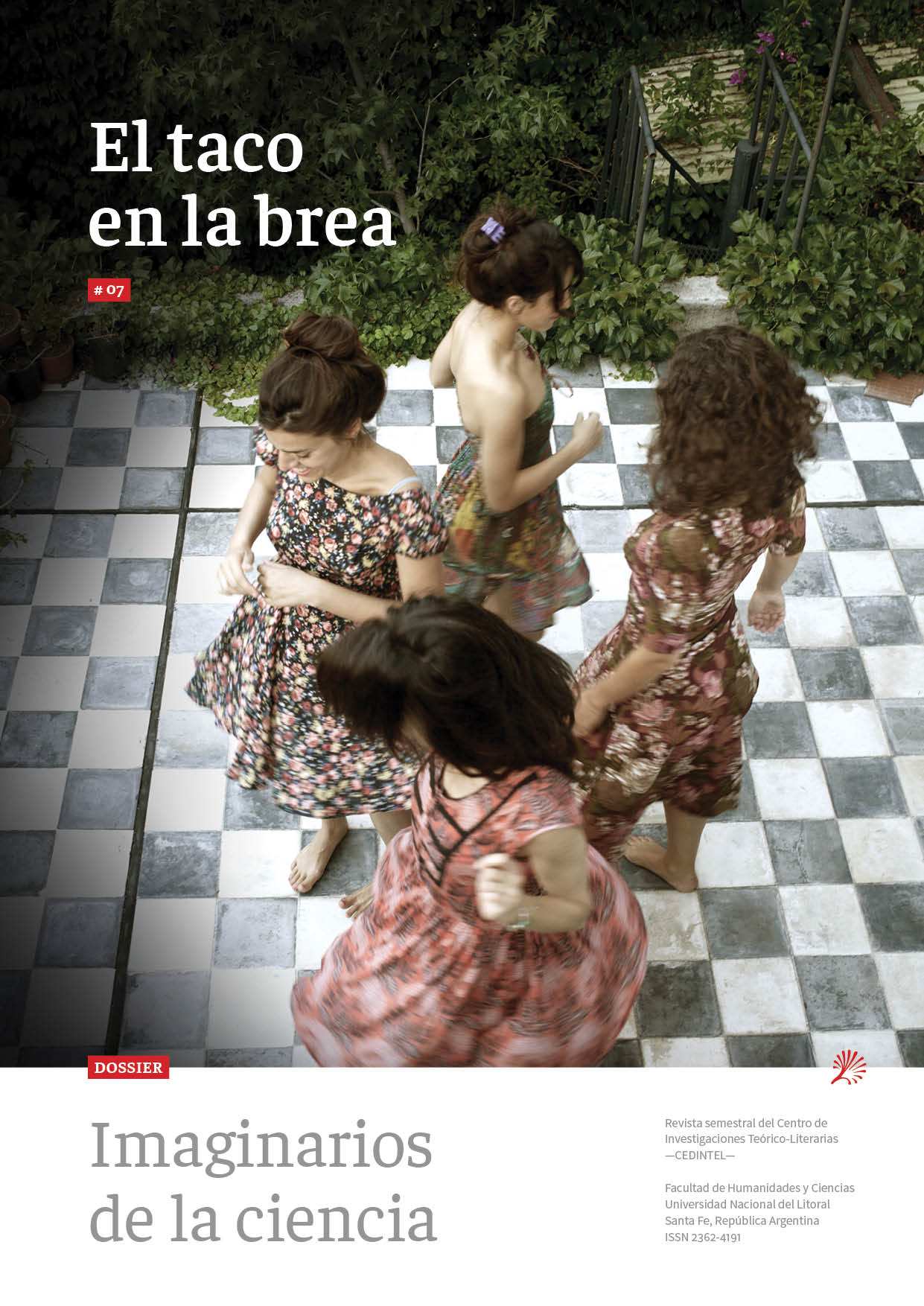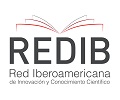Medicine and Literature: the literary drugs of Dr. Wilde
DOI:
https://doi.org/10.14409/tb.v0i7.7360Keywords:
medicine / argentinian literature / XIXth centuryAbstract
Eduardo Wilde, Argentine physician, writer and politician born in Bolivia during his parents’ exile, two-time president (1880 and 1898) of the National Department of Hygiene, became in his texts that new doctor who had to fight against epidemics and face death and the intimate tragedies of each family alone. By picturing himself as the protagonist of those stories that combine reflection, anecdote, evaluation as well as impeccable descriptions fairly close to naturalism and the gothic in two different drifts, he creates a perfect gadget to anchor digressions or «cases» to a medical eye that describes, analyzes and diagnoses with caustic irony. The narrator takes advantage of the intersection of medical experience on bodies and autobiographical memories as knowledge of the natural and as a fight against the hypocrisy of common sense. Scientific knowledge is incorporated as a discourse that explains the world to its limits although limited: medical science is presented as an incomplete system but at the same time necessary to regulate death —epidemics, child mortality—. The reading focuses on some texts from Tiempo perdido (1878) and Prometeo & Cia (1899).





















